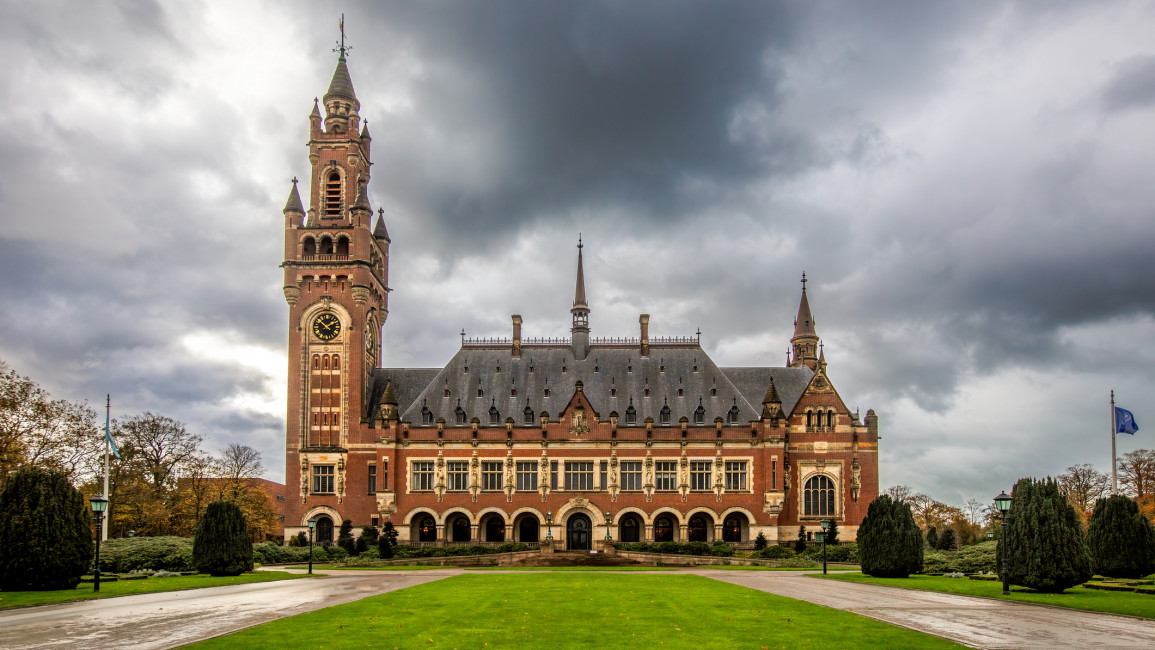Israel faces Gaza genocide case at UN top court
Israel and South Africa face off at the UN's top court from Thursday, after Pretoria accused Israel of genocidal acts in Gaza.
In an 84-page submission to the International Court of Justice (ICJ), South Africa urged judges to order Israel to "immediately suspend its military operations" in Gaza.
South Africa says that Israel "has engaged in, is engaging in, and risks further engaging in genocidal acts against the Palestinian people in Gaza".
Top officials from the two countries will face off in the ICJ's Great Hall of Justice housed in the extravagant Peace Palace in The Hague -- a world away from the death and destruction seen recently in Gaza and Israel.
Israel's military campaign has killed nearly 23,000 people, according to the Gaza health ministry. The United Nations estimates 1.9 million Gazans are displaced, with fears growing of famine and disease.
The ICJ rules on disputes between states, and while its decisions are legally binding, it has limited power to enforce them.
The court could in theory order Israel to stop its invasion but it is highly doubtful it would be obeyed.
In March 2022, the ICJ ordered Russia to "immediately suspend" its invasion of Ukraine -- a directive Moscow has ignored.
Johann Soufi, a lawyer and international justice expert, told AFP there would be an "extremely significant symbolic impact" if the court ruled against Israel.
"Of course there is the problem of implementing the decision. But at the end of the day, international justice is all there is left," said Soufi, who worked for the UN agency for Palestinian refugees in Gaza.
South Africa has filed the case against Israel because both countries have signed the UN Genocide Convention, created in 1948 as a response to the Holocaust.
Any country that has signed the convention can sue another at the ICJ if they disagree on the "interpretation, application or fulfilment" of the rules designed to prevent genocide.
South Africa said it was "acutely aware of the particular weight of responsibility in initiating proceedings against Israel for violations of the Genocide Convention".
It also "unequivocally" condemned the Hamas attack but said "no armed attack... no matter how serious... can provide any possible justification for breaches" of the Genocide Convention.
Pretoria's case is that Israeli action in Gaza is "intended to bring about the destruction of a substantial part of the Palestinian national, racial and ethnical group".
It says Israel's genocidal acts stem from the killing of thousands of Palestinians in Gaza, forced displacement, and preventing adequate aid access, resulting in starvation.
South Africa wants the ICJ to impose so-called "provisional measures" or emergency actions while the broader case is being considered -- which would probably take years.
"The circumstances could not be more urgent," argues Pretoria, describing an "exceptionally brutal military campaign by Israel in Gaza, which is extensive and ongoing".
Other measures requested by South Africa include reparations and reconstruction of Gaza, plus the safe return of displaced Palestinian refugees.



